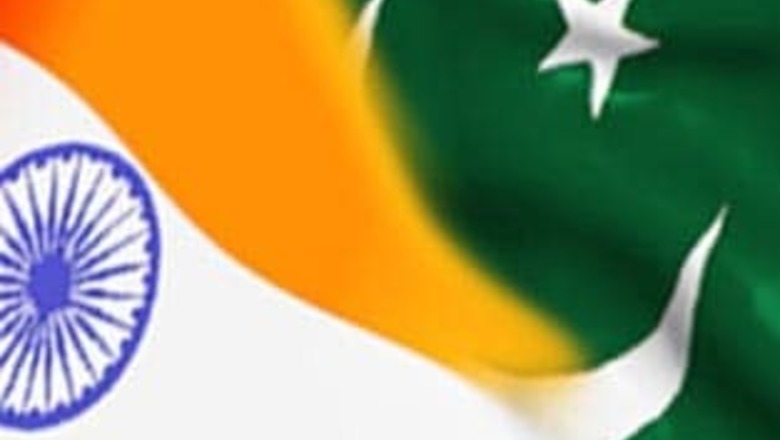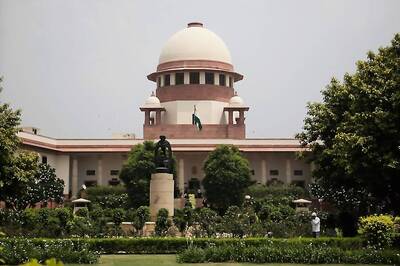
views
London: Foreign Secretary Nirupama Rao said on Monday that Indian concerns about militant groups based in Pakistan would form the main focus of her talks on Thursday with her Pakistani counterpart.
Nirupama meets Salman Bashir in New Delhi for talks to try to end a diplomatic freeze which followed the November 2008 attack on Mumbai, blamed on the Pakistan-based Lashkar-e-Taiba militant group.
"Our core concerns about terrorism will find essential focus (in Thursday's talks)", she told a conference in London. She added, however, that "obviously we would like to keep the door to dialogue open."
India broke off the formal peace process, known as the composite dialogue, after the attack on Mumbai. The two countries held several high-level meetings on the sidelines of international conferences last year - the last was between their foreign ministers in September.
But New Delhi has refused to resume the composite dialogue until Pakistan takes more action against Pakistan-based militant groups it blames for attacks in India and in Indian Kashmir.
"Effective action against such groups by the government of Pakistan is an absolute must," Rao said. "It should act decisively to dismantle the infrastructure of terrorism on its territory."
No breakthrough is expected on Thursday -- India's focus is on curbing terrorism, while Pakistan wants talks on all issues, including disputed Kashmir. But the two countries are expected to try to find a way back into some kind of talks.
"We hope we can build, in a graduated manner, better communication and a serious and responsive dialogue to address issues of concern between our two countries," Rao said.
She said India and Pakistan should move forward in a "slow and deliberate" manner and that Kashmir was an issue which must be discussed bilaterally.
Without talks, the region is vulnerable to an escalation in tensions and some analysts say any fresh Mumbai-style attack could trigger Indian retaliation. The nuclear-armed countries have fought three full-scale wars since independence in 1947.
The two countries have also long competed for influence in Afghanistan and Pakistan is deeply suspicious of a rise in India's presence there after the fall of the Taliban in 2001.
It accuses India of using Afghanistan as a base to create problems inside Pakistan, including backing Baluch separatists in its Baluchistan province. India denies the accusations, saying its focus is on development.
"India is an important neighbour and we share undeniably close ties," Nirupama said.
Washington wants better relations between the two countries so it can convince Pakistan to turn more aggressively against Taliban militants on its western border with Afghanistan.
Pakistan maintains the bulk of its army on its eastern border with India. Analysts believe it will be reluctant to turn against Afghan Taliban militants as long as it believes it might need to use them to counter Indian influence in Afghanistan.
















Comments
0 comment